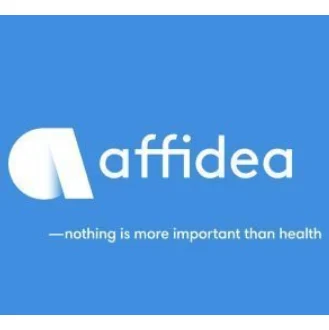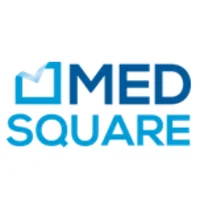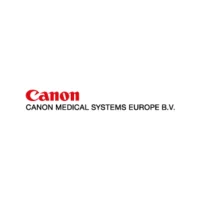Affidea and Aidence announce a strategic partnership to streamline and improve the clinical performance of lung diagnosis and screening to drive the earlier detection and treatment in the case of lung cancer.
As the leading European provider of advanced diagnostic imaging services, Affidea is starting the collaboration with Aidence, a medical Artificial Intelligence (AI) company that develops deep-learning solutions for healthcare, by implementing its AI algorithm Veye Chest on a ground-breaking pilot in three countries: Italy, Greece and Hungary with the possibility to extend it to other regions across Affidea’s European network.
The clinically approved AI software of Aidence, Veye Chest, is used to assist and support radiologists’ workflow in routine clinical practice and screening programs by automatically detecting, classifying and tracking the growth of pulmonary nodules.
The AI solution Veye Chest provides radiologists with relevant and accurate information regarding pulmonary nodules as small as 3 mm, analysing roughly 300 images contained in a chest CT. The information given to the radiologist presents a 3D representation of the pulmonary nodules and it can accelerate the speed of reporting by providing doctors with an insight into the nodule morphology in one view: location, volume and growth rate. Veye Chest is CE certified and can be used as second or concurrent reader.
Commenting on the partnership, Giuseppe Recchi, Affidea’s CEO, stated: “Healthcare is under transformation and at Affidea we are committed to lead this pathway, improving patient outcomes and doctors’ experience. This is our third AI innovative project that we start across 3 countries in our European network. We see AI as an innovative tool which will support our radiologists in their daily workflow. AI is not a magic box where you include the data and the diagnosis comes out but with the use of AI, we provide to radiologists with extra digital powers to enhance and support their diagnosis decisions. The promise of AI in radiology is exciting and it can be a key enabler to advance precision medicine and drive a faster, more personalised diagnosis. We look forward to implementing Aidence’s innovative AI solution for the benefit of patients across Europe, improving clinical outcomes in lung cancer diagnosis.
CEO of Aidence, Mark-Jan Harte added: “Veye Chest was designed to transform chest CT reporting by introducing AI to increase accuracy and efficiency. We are already seeing the benefits in routine clinical practice. We believe Veye Chest will have a significant contribution to lung cancer screening programs by providing consistent and fast volumetric growth measurements. We are very excited to partner with Affidea to bring our technology to lung screening programs across Europe.”
Prof. Rowland Illing, Senior Vice President, Chief Medical and Digital Strategy Officer Affidea, added: „We know the vital importance of early and accurate diagnosis in lung cancer. The earlier the disease is detected, the better chance there is that the patient can get curative treatment. AI gives us an opportunity to change the way we care for our patients, supporting our doctors not only in speeding up the diagnosis but also given them a second pair of eyes. We are the pioneers in our field and we are always looking for clinically proven methods to increase medical outcomes, which could ultimately save lives.”
Veye Chest solution detects pulmonary nodules at 90% sensitivity. Clinical performance of Veye Chest has been validated on The Lung Image Data Base Consortium (LIDC) and Image Data Base Resource Initiative (IDRI) as well as an independent study by the University of Edinburgh.
Lung cancer facts:
●2 million new cases of lung cancer worldwide, out of which 520.000 in Europe in 2018
●Lung cancer is the most commonly diagnosed cancer in men (14.5% of the total cases in men and 8.4% in women) and the leading cause of cancer death in men (22.0%, i.e. about one in 5 of all cancer deaths).
●Of those newly diagnosed with lung cancer, it is estimated that less than 40 % are current smokers, more than 45 % are former smokers, and 10 % to 15 % have never smoked.
●In order to improve lung cancer outcomes and survival, early detection is critical. However, Lung cancer has the lowest 5-year survival rate of the other most common cancers: only 18 %, versus prostate at 99 %; breast at 89 %; and colorectal at 65 %.4
Latest Articles
Radiology, lung cancer, Affidea, Artificial Intelligence, AI, Radiologist, Giuseppe Recchi, Affidea CEO Giuseppe Recchi, Veye Chest, Mark-Jan Harte, Lung Image Data Base Consortium, LIDC, Image Data Base Resource Initiative, IDRI
Affidea and Aidence announce a strategic partnership to streamline and improve the clinical performance of lung diagnosis and screening to drive the earlier detection and treatment in the case of lung cancer.










